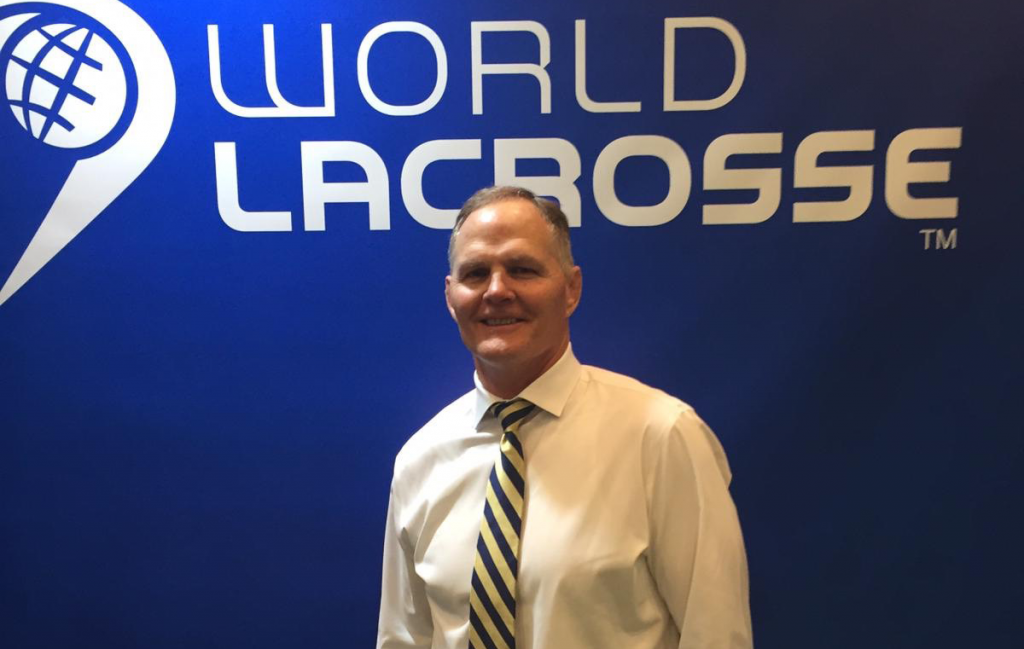U.S. Reform Could Upset Olympic Status Quo
December 12, 2019
Changes in the governance of Olympic sports being considered by the U.S. Congress could be in conflict with the principles of the Olympic Charter, according to the chief of the national governing body of a leading sport.
Speaking at the Regional SportAccord in Fort Lauderdale on Thursday, Jim Scherr, CEO of World Lacrosse, said that provisions in proposed legislation aimed at protecting athletes, however well intentioned, would contravene the Charter by giving the U.S. government an oversight role of Olympic sport in the country.
Congress is currently weighing an adjustment to the Amateur Sports Act of 1978 (which was last amended in 1998) that would give legislators the power to dissolve the board and/or management of the USOC or any Olympic national governing body.
“The aim of the changes is to protect the welfare of athletes and give them greater voice,” Scherr, a former CEO of the USOC, told iSportconnect in an interview after his conference session. “This is positive of course. However, giving government this sort of political lever would be contrary to the Olympic Charter. The criticism raised by some people that the USOC is hiding behind the IOC is not correct. The Charter does say that governments should not be in such a position.”
The U.S. government, unlike in many other countries, does not get directly involved in funding sport or the Olympic organisations. Support of the USOC comes indirectly through extra protection for Olympic trademarks enabling the USOC to offer partners more value from their association with Olympic sport.
The U.S. government also invests in safeguarding the security of the U.S. team and the Games when they take place in America.
Scherr said a place on the Olympic programme for lacrosse for the Los Angeles Games in 2028 is a possibility.
“Our primary aim is to grow the game,” he said. “I have not met a single athlete or person involved in lacrosse who doesn’t say it would be phenomenal to be part of the Olympics. One day we would like to be in the Games. However, whether or not we are in the Olympics in the future, we will continue to work to develop our sport and work for our athletes.”



